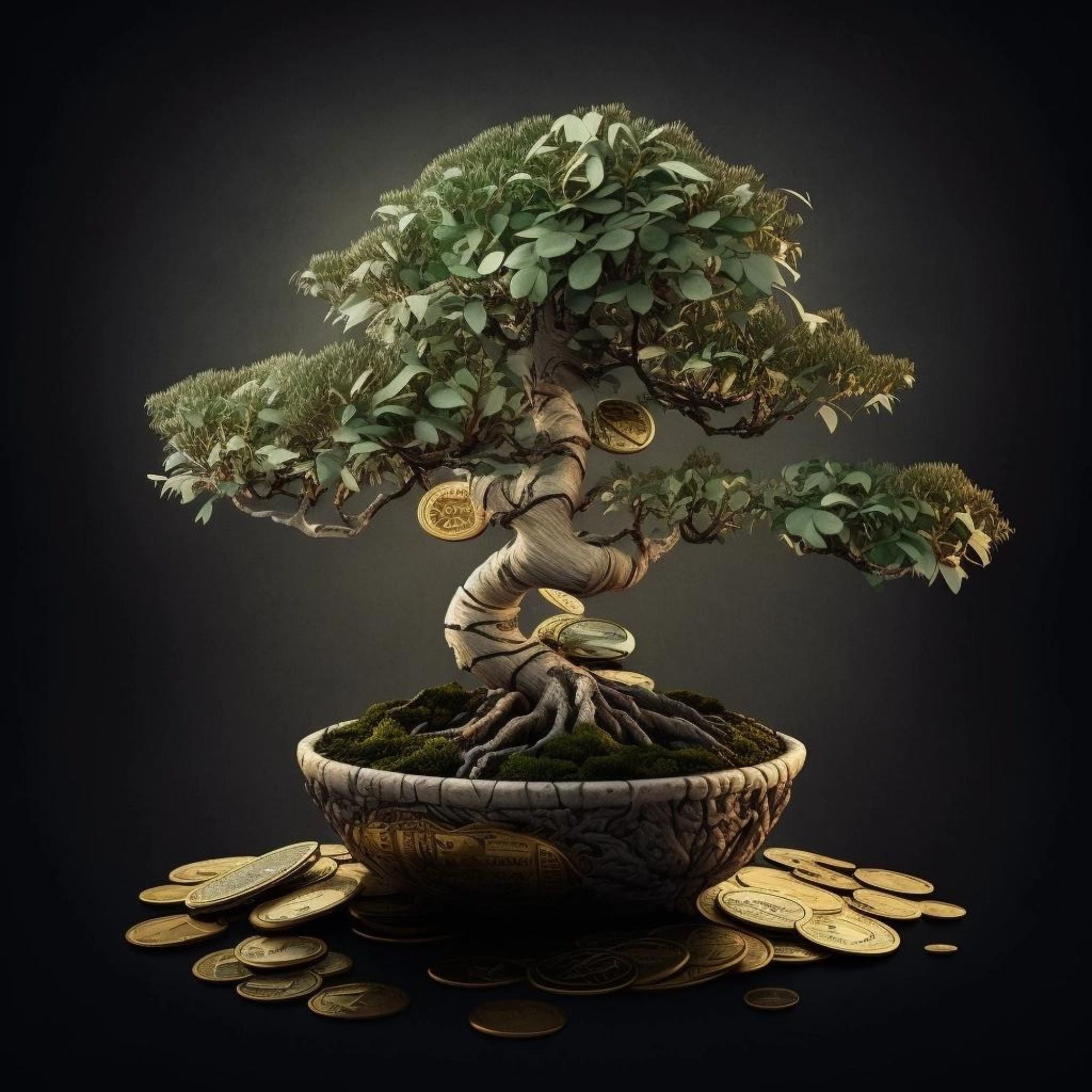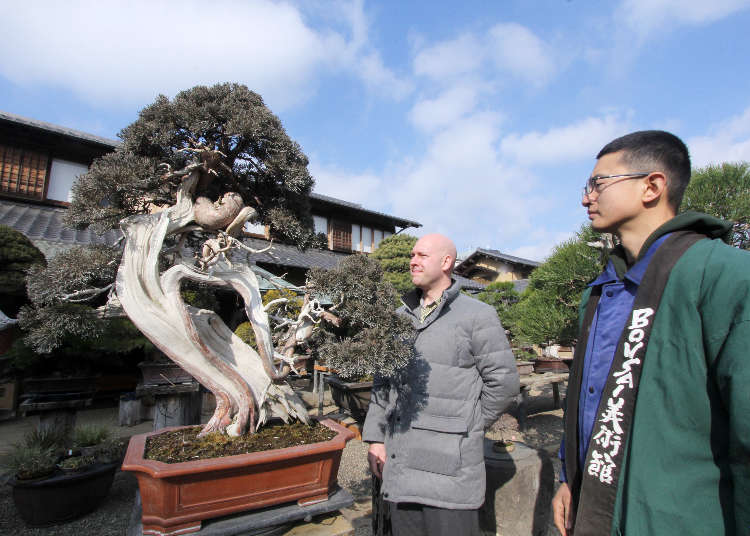The cost of a bonsai tree ranges from $20 to $500. Prices vary based on species, age, and size.
Bonsai trees are miniature trees grown in containers, offering a unique blend of art and horticulture. Originating from ancient Asian cultures, they symbolize balance, harmony, and simplicity. Beginners can find affordable bonsai trees, while rare, older specimens command higher prices.
Factors such as tree species, age, and care requirements influence the cost. For enthusiasts, investing in a bonsai tree provides a rewarding experience, combining creativity with nature. Proper care, including pruning and watering, ensures the tree thrives. Whether you’re a novice or an expert, owning a bonsai tree brings tranquility and beauty to any space.
Introduction To Bonsai Trees
Bonsai trees are miniature versions of full-sized trees. They are cultivated in small pots. Bonsai art involves careful pruning and training. This art form originated in Asia and has gained global popularity. Many people admire bonsai trees for their beauty and serenity.
History And Origin
The history of bonsai trees dates back over a thousand years. Bonsai originated in China during the Han Dynasty. Initially called “penjing,” it involved creating miniature landscapes. The art form later spread to Japan. The Japanese refined the techniques and renamed it “bonsai.” The word bonsai means “planted in a container.” This practice then spread to the West in the 19th century.
Popular Types
There are many types of bonsai trees. Each type has unique characteristics. Here are some popular types:
- Ficus Bonsai: Easy to care for and ideal for beginners.
- Juniper Bonsai: Known for its needle-like foliage and hardy nature.
- Maple Bonsai: Famous for its stunning seasonal colors.
- Cherry Blossom Bonsai: Loved for its beautiful spring flowers.
- Azalea Bonsai: Popular for its vibrant and colorful blooms.
Each type requires specific care and attention. They vary in price based on their age and rarity. Below is a table showing the cost range for different bonsai types:
| Bonsai Type | Cost Range (USD) |
|---|---|
| Ficus Bonsai | $20 – $200 |
| Juniper Bonsai | $30 – $300 |
| Maple Bonsai | $50 – $500 |
| Cherry Blossom Bonsai | $70 – $700 |
| Azalea Bonsai | $60 – $600 |
Factors Influencing Bonsai Prices
Many factors influence the cost of a bonsai tree. These include the species, rarity, age, size, pot quality, and soil quality. Let’s dive into each factor to understand their impact on bonsai prices.
Species And Rarity
Different bonsai tree species have different costs. Some species are common, while others are rare. Rare species like the Japanese White Pine can be expensive. Common species like Ficus are cheaper. The rarity of a species greatly affects its price.
Age And Size
The age of a bonsai tree is a major price factor. Older trees are often more expensive. They have taken years to grow and shape. Larger bonsai trees also cost more. They require more care and time to develop.
Pot And Soil Quality
The quality of the pot and soil can impact the price. High-quality pots are often handmade and unique. These pots add value to the bonsai. Good soil is important for the tree’s health. Quality soil mixtures can be more expensive.
| Factor | Impact on Price |
|---|---|
| Species and Rarity | Rare species are more expensive. |
| Age and Size | Older and larger trees cost more. |
| Pot and Soil Quality | High-quality pots and soil add value. |
Price Range For Different Bonsai Types
Bonsai trees come in various types and sizes. Their prices can range significantly based on species, age, and rarity. Understanding these factors will help potential buyers make informed decisions.
Common Species
Common species of bonsai are typically more affordable. They are easier to find and maintain. Here are some popular common species and their price ranges:
| Bonsai Type | Price Range |
|---|---|
| Ficus | $20 – $50 |
| Juniper | $30 – $60 |
| Chinese Elm | $25 – $55 |
| Japanese Maple | $50 – $100 |
These trees are ideal for beginners. They are generally more resilient and less demanding.
Rare And Exotic Varieties
Rare and exotic bonsai varieties command higher prices. Their uniqueness and beauty make them highly sought after. Here are some examples:
| Bonsai Type | Price Range |
|---|---|
| Shohin (Miniature) | $100 – $300 |
| Azalea | $80 – $200 |
| Japanese Black Pine | $200 – $500 |
| Olive Bonsai | $150 – $400 |
These types often require more care. Their prices reflect their rarity and the skill needed for their maintenance.
Whether you choose a common or rare bonsai, each tree brings joy and beauty to your space.

Credit: www.bonsaiempire.com
Buying From Different Sources
Exploring the cost of a bonsai tree involves understanding various sources. Each source offers different price ranges and quality. This section delves into buying options from different sources.
Nurseries And Garden Centers
Nurseries and garden centers are common places to buy bonsai trees. They offer a range of affordable bonsai options. Prices can range from $20 to $100. The trees here are often young and need care.
These centers provide basic bonsai tools and soil. You can also get beginner bonsai kits. Here’s a quick view of typical prices:
| Tree Age | Price Range |
|---|---|
| 1-2 Years | $20 – $40 |
| 3-5 Years | $50 – $100 |
Online Retailers
Buying bonsai trees online is convenient and offers a wide selection. Prices vary based on the seller and tree type. Online retailers offer trees from $30 to over $200. They often provide detailed descriptions and care instructions.
Here’s what you can expect from online retailers:
- Wide variety of tree species
- Detailed care guides
- Options for different budgets
Online purchases may include shipping costs. Always check reviews and ratings before buying.
Specialty Bonsai Shops
Specialty bonsai shops focus solely on bonsai trees. They offer higher quality and unique species. Prices range from $50 to thousands of dollars. These shops often have experts who can give advice.
Specialty shops may offer:
- Rare and exotic species
- Older, well-trained trees
- Advanced bonsai tools and accessories
Expect to pay more for rare or older trees. Specialty shops are ideal for serious bonsai enthusiasts.
Additional Costs To Consider
Buying a bonsai tree is just the beginning. There are other costs to consider. These costs ensure your bonsai tree thrives and stays healthy. Let’s break down these additional expenses.
Tools And Equipment
To properly care for your bonsai, specific tools are required. Bonsai shears, wire cutters, and root rakes are essential.
- Bonsai shears: $20 – $40
- Wire cutters: $10 – $25
- Root rakes: $15 – $30
Investing in quality tools can save you money in the long run. Quality tools last longer and perform better.
Fertilizers And Soil
Bonsai trees need special soil and fertilizers. Regular soil from your garden is not suitable. Bonsai soil mix ensures proper drainage and root health. You can buy it at garden stores.
- Bonsai soil mix: $15 – $25 per bag
- Bonsai fertilizer: $10 – $20 per bottle
Fertilizing your bonsai is crucial. It provides essential nutrients for growth and health.
Training And Maintenance
Training a bonsai tree involves shaping it over time. You need bonsai wire to guide the branches.
- Bonsai wire: $5 – $15 per roll
Maintenance includes regular pruning and repotting. Pruning keeps your bonsai in shape. Repotting is vital for root health. It ensures the tree does not become root-bound.
- Pruning shears: $20 – $30
- Repotting supplies: $10 – $20
Regular maintenance keeps your bonsai looking its best and healthy.
Budget-friendly Bonsai Options
Are you fascinated by bonsai trees but worried about the cost? You don’t need to spend a fortune. There are plenty of budget-friendly bonsai options available. Let’s explore some affordable ways to start your bonsai journey.
Starter Kits
Starter kits are perfect for beginners. They include everything you need to start growing a bonsai tree. These kits usually come with seeds, soil, a pot, and instructions.
Here are some benefits of starter kits:
- Cost-effective: Most kits are under $50.
- All-in-one: No need to buy separate items.
- Easy instructions: Step-by-step guides for beginners.
Starter kits are available online and in gardening stores. They are a great way to learn the basics without spending much money.
Young Trees
Young trees are another budget-friendly option. These are small, live trees that have already started growing. They require less time to care for than seeds.
Some advantages of young trees include:
- Affordability: Prices range from $20 to $60.
- Ease of care: Already established and growing.
- Variety: Many species to choose from.
Young trees can be found in nurseries or online. They are a perfect choice for those who want a head start in bonsai care.
Whether you choose a starter kit or a young tree, you can enjoy the art of bonsai without breaking the bank. Happy growing!
Investing In High-end Bonsai
Investing in high-end bonsai trees is more than a hobby. It’s a passion. These miniature trees can be expensive. They are living art pieces that need care and attention. Their value increases with age and rarity. High-end bonsai trees are prized for their beauty and history.
Collectors’ Items
Collectors often seek rare bonsai trees. These trees can cost thousands of dollars. They are unique and have a rich history. Some trees are over 100 years old. Their age adds to their value. Collectors cherish these bonsai for their uniqueness and tradition.
- Rare species like the Japanese White Pine are highly prized.
- Historical value increases the worth of older trees.
- Expert care is needed for these valuable trees.
Show-quality Trees
Show-quality bonsai trees are another high-end option. These trees are showcased in competitions. They are judged on their beauty and health. Winning trees often fetch high prices. They are considered the best examples of bonsai art.
| Tree Type | Estimated Price Range |
|---|---|
| Japanese Maple | $500 – $5,000 |
| Black Pine | $1,000 – $10,000 |
| Juniper | $300 – $3,000 |
Show-quality trees require expert care. They need precise pruning and shaping. Proper care ensures they maintain their value. Investing in these trees can be rewarding. They bring beauty and prestige to any collection.

Credit: bonsai-en.shop

Credit: livejapan.com
Conclusion
Understanding the cost of a bonsai tree helps you make informed decisions. Prices vary based on species, age, and care needs. With proper research, you can find a bonsai that fits your budget and enhances your space. Investing in a bonsai tree can bring beauty and tranquility to your home or garden.

